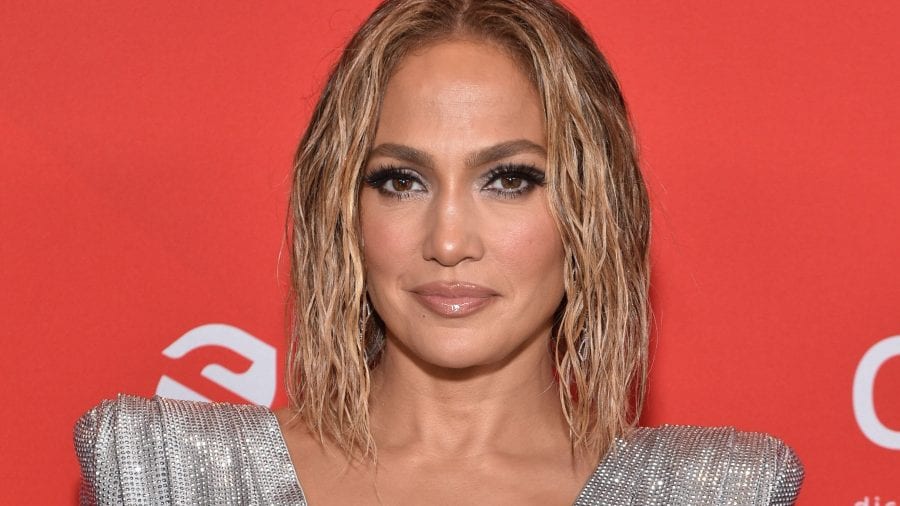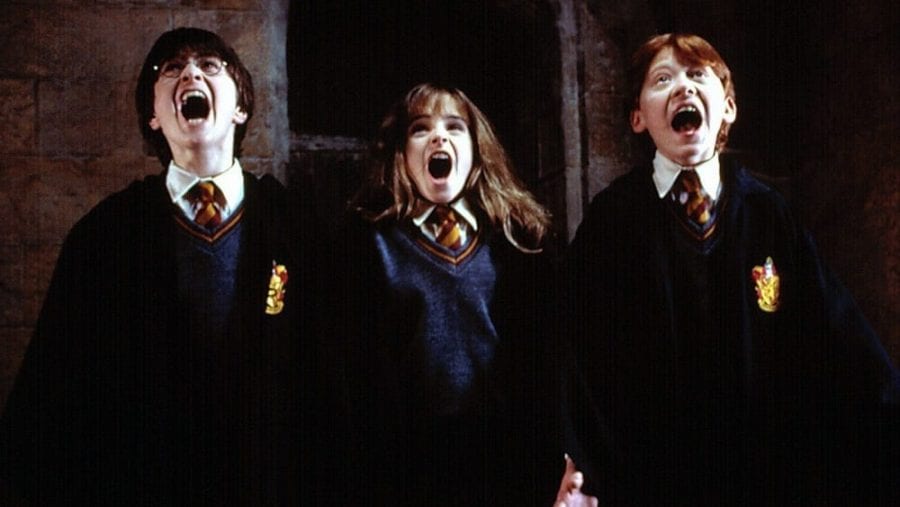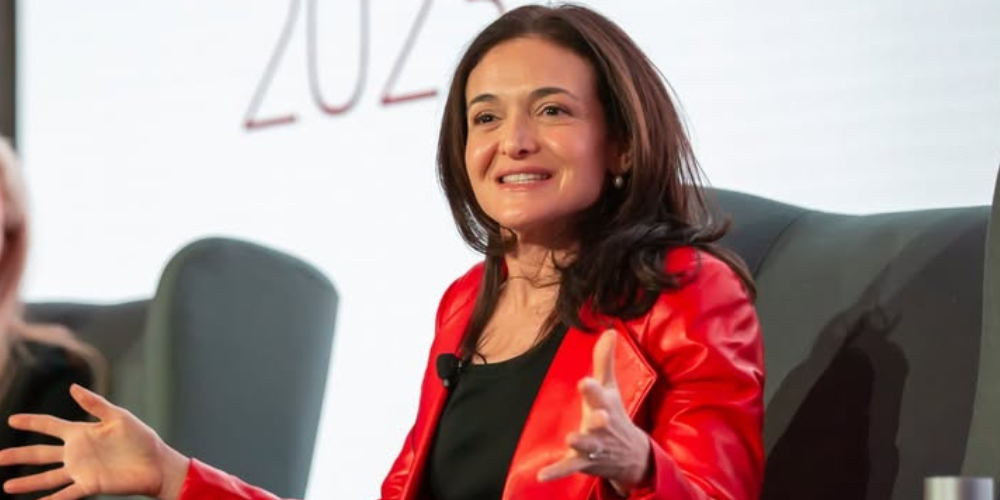Is PFL going out of business? This question has been buzzing through the MMA community ever since UFC boss Dana White shared his grim predictions. According to White, the Professional Fighters League (PFL) may be nearing the end of its run. With fighters voicing their discontent and canceled events piling up, the future seems uncertain for UFC’s biggest competitor.
White’s comments have sparked heated debates, but they are not entirely out of the blue. The PFL, known for its unique season format and million-dollar prize for tournament winners, has undoubtedly carved out a niche. Yet, recent challenges suggest cracks in the foundation.
Fighters like Patricio Freire and Corey Anderson have expressed frustration, demanding either fights or releases from their contracts.
UFC’s Long-Standing Domination
The UFC’s grip on MMA is undeniable. For three decades, the company has ruled the sport, steamrolling competitors and consolidating its dominance. In the late 1990s and early 2000s, Pride FC emerged as a formidable rival. However, financial scandals and mismanagement led to its downfall.
Similarly, Strikeforce offered hope as a challenger during the 2010s but couldn’t sustain the financial strain and eventually sold out to the UFC.
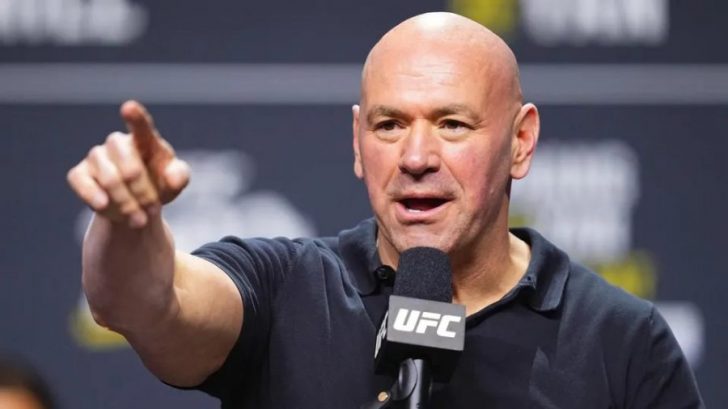
GTN / Over the past few years, PFL has positioned itself as the second-best MMA promotion. But Dana White claims the end is near for the MMA org!
Its innovative structure, offering a sports-season approach rather than the UFC’s traditional matchmaking model, brought a fresh twist to the sport. The million-dollar prize lured talent, and the recent acquisition of Bellator added depth to its roster.
However, with whispers of unrest among fighters and White’s ominous predictions, one has to wonder: Is PFL going out of business?
Fighters in Limbo
One of PFL’s biggest selling points was its fighter-first ethos. Offering guaranteed fights and hefty payouts gave it a competitive edge. But now, those promises seem to be unraveling. Fighters like Patchy Mix and Corey Anderson, who moved to the PFL with high hopes, are vocal about their dissatisfaction.
Canceled bouts and the inability to schedule fights for its roster have left many athletes feeling abandoned.
Dana White didn’t mince words about this situation. “When fighters can’t get fights, they are going to jump ship,” White said recently. He added that professional athletes, particularly fighters, have limited windows to make money.
Financial Troubles or Bad Optics?
The PFL is not broke – at least not officially. Last year, Saudi Arabia’s SRJ Sports Investments purchased a minority stake in the league. With the Saudi Public Investment Fund backing it, the PFL technically has access to billions of dollars. But having money and spending it wisely are two different things.
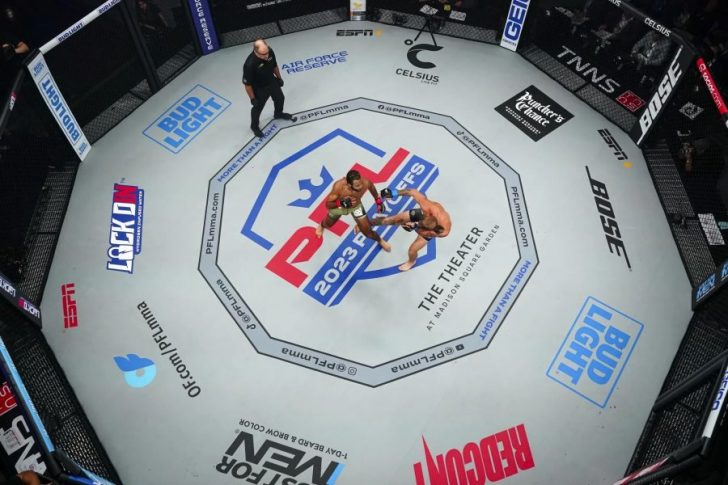
The News / Even with massive financial backing from Saudi Arabia’s SRJ Sports, PFL appears to be struggling with profitability.
The Francis Ngannou saga underscores this point. His highly anticipated debut should have been a blockbuster event. Instead, it reportedly sold only 10,000 pay-per-views – a shockingly low number for a fighter of his caliber.
Similarly, Jake Paul’s involvement with the PFL, while generating buzz, has yet to translate into tangible success. With no clear plan for his MMA debut, the hype seems to be fizzling out, leaving fans and investors questioning the return on investment.
Is PFL Going Out of Business or Just Transitioning?
While the UFC CEO predicts doom, the reality might be more nuanced. The PFL’s model is ambitious, but its execution has faltered. In theory, a season format with high stakes should attract both fans and fighters. However, inconsistent scheduling and underwhelming pay-per-view sales suggest deeper systemic issues.
Investors may see potential in the brand but could hesitate to pour more money into a struggling venture. Even with Saudi Arabia’s backing, poor performance could lead to a reevaluation of priorities. Meanwhile, the UFC looms large, ready to swoop in and absorb any displaced talent. Dana White’s comments might be less a prophecy and more a calculated move to undermine confidence in a rival.



